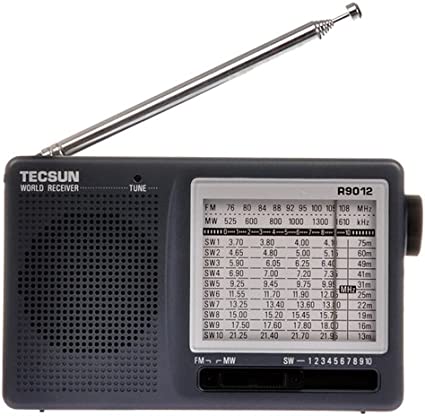WinneNomad
Active member
- Joined
- Jan 23, 2021
- Messages
- 41
- Reaction score
- 22
Agree about the morse code requirement going away.About Morse code
The code requirement was WORK and took practice over time.
When one had to work at anything, what ever it was gave value to the endeavor. FREE things have no value. So the removal of the code requirement demished the the value of the ham radio license.
In addition, Other aspects of the licensing requirements were relegated to "volunteers", rather than the FCC it's self. Unpaid volunteers had no incentive to require excellence, only numbers of licenses granted. Work ethic was not required. Free was advertised with friends and neighbors. Free equals no value.
Amplitude Modulation has been proven over time to be poor use of spectrum available, Single Side Band was found to be better use of spectrum but still AM at half the band width. Double side band amplitude modulation resulted in better fidelity but again used more spectrum.
Frequency modulation allowed for better fidelity but still used more spectrum.
Am transmitters are cheaper to build as are receivers but require more wattage.
All of the above are old technology. Newer digital equipment and solid state encoders and decoders allow for one on one communication without the need for modulation at all.
Bringing us back to Morse code which was a two bit code.
Just carrier on and off pulses. Instead of short and long bits, 5 bit code was introduced which allowed for teletype and mechanical sending and receiving of text messages, still later 8 bit code was introduced and further 16 bit and onward to 32, 64 and 128 bit code and so on. Still code but far beyond the ability of the human ear and brain to decode.
So- the bottom line is this, Lets keep all of the older knowledge and skills. When a solar flare renders our sat coms un-usable The old stuff will still work. In the mean time, back yard tinkers with find "the hobby" fulfilling and a source of personal pride and in a pinch, an asset to our whole nation and the world. It may never come and maybe tonight.
I have often thought if the FCC brought back the old Novice license along with the code requirement it would ignite a spark in some of the younger generation. Too many of us old guys now and not many young people.
Got my license in 1962 KN3RHB and let it expire. Got back into ham radio a couple years ago and use it for fun while camping (KI6Y). Great hobby.













































































